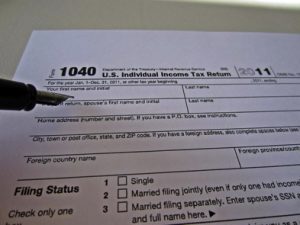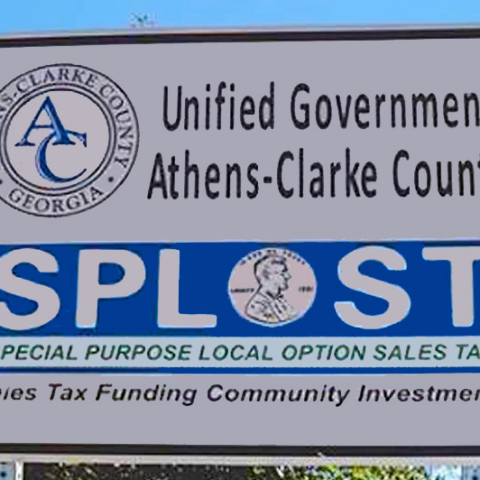By: Carson Aft

Benjamin Franklin coined the term, “A penny saved is a penny earned.” In the 18th century, this may have been the case, but in the times of Cayman bank accounts and gaping loopholes, the more accurate version would read: “A dollar hid is forty cents kept.”
Since the advent of government, taxes have existed as a necessary evil. The most infamous and loathed among them found itself in America by 1861. The income tax, originally ruled unconstitutional, would go on to be reborn out of necessity before the dawn of the First World War. In its complexity, the scourge of paychecks has ballooned to an impenetrable 12,000 pages. Many approaches have been suggested to cut down on the excess of stipulations and clauses, though none have found bipartisan momentum. The need for change is unquestionable, but the ability to change may not be there.
The rationale behind altering the tax does not come solely from the largesse of the law’s text, but also other qualities that the current body exhibits.
The American income tax system is intended to be progressive, or to tax the rich at a higher rate than the poor. This is achieved through graduated levels, where as income increases, the amount of money paid for every new dollar is increased. The tax takes between 10 percent and 40 percent of income, depending
on the amount earned in a year. While this system is hypothetically progressive, other government policies prevent the full effectiveness of this method.
When viewed through the eyes of less fortunate Americans, there are certain times, due to government payments, when it is actually more economical to earn less. The rate at which income increases compared to the decrease in welfare means that for every extra dollar earned, more than a dollar is lost. Motivation to earn less does not serve the less fortunate, the government, or society. This backwards penalization for work is a cry for alteration.
From the multitude of views comes a multitude of ideas for reforming the income tax. Some options alter the way in which the tax is implemented, while others deal with overhauling the actual tax. While no particular method has achieved enough of a following to come close to being implemented, one or a combination of the methods may be necessary in the future.
One suggestion is the elimination of many tax loopholes that are listed within the tax code. These are ways in which income can be sheltered from taxation, whether through mortgage interest payments or medical bills. The copious options to shield income are outlined within the body of the income tax text, which is partially at fault for the length. This, obviously, would not make the sea of paper digestible, but it would be a step in the right direction.
This avenue ignores the fact that these loopholes are there for a reason, like mortgage interest deductions, which encourage Americans to buy homes. Without these incentives, the government might not be able to ease the burden of the ill through tax alleviation. Simplification does not necessarily take priority over the wellbeing of the taxed.
Another option is to create a minimum tax. This would dictate that regardless of the amount of tax deductions, citizens would still pay a certain minimum tax rate. This would reduce dependence and exploitation of tax loopholes, which makes many of them less necessary.
The minimum tax works well with the elimination of some tax loopholes, as there is less reliance on the loopholes, meaning some of them can be phased out. This would create a smaller tax code while still allowing for the government to use loopholes as incentives.
A more dramatic method would be to abolish the income tax. While definitely extreme, there are ways to circumvent the drop in revenue. The taxes could be found in different parts of the economy, such as an increase in the sales tax.
The possibilities with such a massive overhaul are infinite. The government would still be able to incentivize, as well as tax, illegal immigrants. Depending on how the tax is implemented, it could still be progressive. The downsides are that it would encourage avoidance of the new tax. If it were a sales tax, it would promote operations away from government scrutiny. Also, this would reduce the taxable base for the government, as money unspent would go untaxed. Obviously a great deal of thought is necessary to find some balance in this approach.
Whether it is changing the approach of an income tax or completely removing it, some action must be taken. As it stands, the code requires years of training to fully understand, let alone master. Obfuscation of a process like taxation only goes to hurt the taxed. Any path that is actually feasible would demand balance.
The income tax, from conception to the present, has had enemies and advocates. Regardless of debates of method, the obvious necessity for change is louder than opinionated bickering. To avoid continued inaccessibility, complexity, and exploitation, action must be taken.

